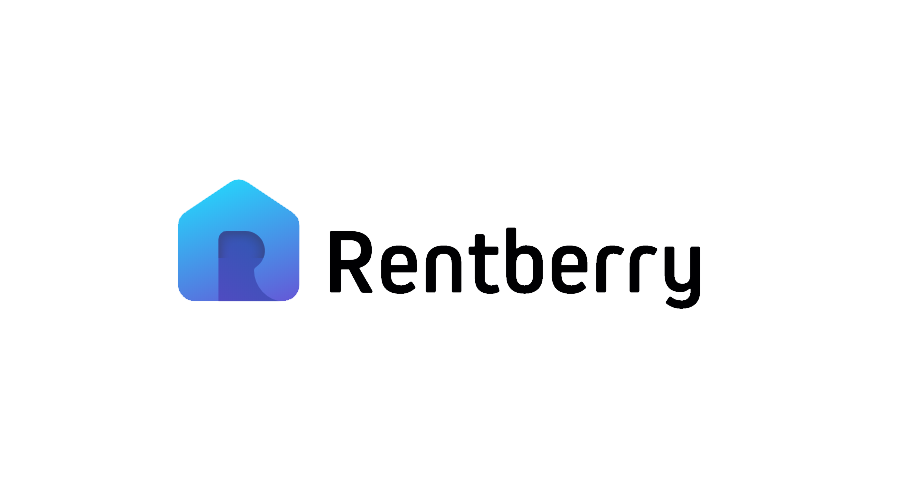The rental market forecasts are looking good for 2018, with non-luxury properties expected to outperform their luxury counterparts. This is partly due to the coming-of-age of the millennial generation, which has an affinity for renting rather than buying homes.
However, there is still one ongoing issue plaguing existing and potential landlords–rent collection. The data shows that renting households are more than two times as likely to be burdened by housing costs as homeowners. According to the data, over 70% of renters describe themselves as moderately to severely cost-burdened. What’s more, cities in coastal areas like Los Angeles or San Francisco have the largest proportion of renters spending more than half of their income on housing costs.
With more and more households going over the recommended 30% rent to income ratio, landlords need to be extra careful to vet their tenants and offer appropriate contracts. No matter how likable a tenant is, the priority needs to be on credit-worthiness and ability to pay rent in a timely and consistent manner.
One company, Rentberry, is working on a blockchain-based platform that will assist both landlords and tenants in meeting rental contracts. Rentberry already has an existing rental platform which was created in 2015; the platform operates a rental marketplace with over 220,000 properties and 4,000 plus applications processed. Their next goal is to improve landlord-tenant relationships through their platform upgrades.
How Smart Contracts Can Change the Way Landlords and Tenants Interact
The centerpiece of Rentberry’s blockchain rental platform is its tokenization. The platform will use BERRY tokens as the underlying transaction medium, allowing landlords and tenants to have a uniform method of exchange no matter where they are or where they’re from.
Additionally, by implementing the tokenization process, the platform makes use of smart contracts. Smart contracts are self-executing contracts coded on the blockchain that actualize the moment when the terms of the contract are met.
So how does this impact Rentberry’s landlord-tenant rental transactions? First, it guarantees that rental contracts are met in a timely manner. For example, a smart contract can ensure that rent is paid on the first of the month (or whenever the contract stipulates that rent is due). The contract will execute at a specified time on the first of the month without the tenant having to log into a portal and clicking “Pay”.
Second, smart contracts ensure that the contract rental amount is paid in full each month. With traditional payment portals, tenants can select how much they want to pay. This can lead to tenants intentionally underpaying rent–to use the money for other bills, for example–or unintentionally underpaying–by user error like mistyping a number. Smart contracts eliminate user error by automating the payment process. Though smart contracts cannot guarantee that the tenant will have enough funds to cover the payment, they help streamline the payment process.
But how does this differ from traditional “auto-pay” setups? Traditional auto-pay options involve several parties, each of which can break down. First is the renter who is tasked with enabling the auto-pay feature. Typically this feature can be disabled at any time. Second, there is the rental platform that charges the renter’s account at a certain time each month. Third and finally, there is the payment account, usually a bank account or credit card connected to the renter.
In this case, there are three possible points of failure–the renter might disable auto-pay for a variety of reasons; the rental platform might be set up improperly or fail to charge the renter; the bank or credit card company may decline the payment request.
In contrast, Rentberry’s platform integrates all three components into one system. Auto-pay via smart contracts is enabled from the get-go by the platform’s design. The rental platform, by the utilization of smart contracts, collects payment from the renters. The blockchain makes the transactions immutable and irreversible. And finally, because BERRY tokens are the medium of exchange between landlord and tenants, there is no need for interactions with third parties like banks or credit card companies.
These features together make Rentberry an ideal platform for landlords. Collecting rent will no longer be as big of a hassle because the blockchain features synthesize the payment process. Renters also benefit knowing that their rent will be automatically collected on a set date of the month. This allows them to precisely plan their budget and frees them of the worry of forgetting to pay bills. As long as the account is funded, everything is automated.
After successfully raising $4 million in seed funding, the Rentberry team is again turning to the capital markets to assist in the development of the blockchain features with a token sale process which began back on December 5, 2017.
